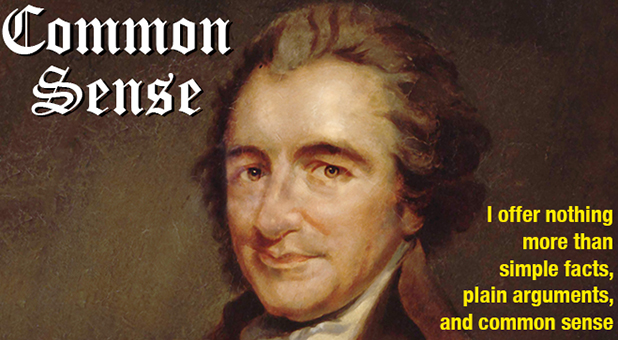The ‘Abortion Issue’ Is Personal to Me
My birth was one of many firsts, not just for my family, but for those who cared for me in my the first few weeks following my birth.
I was the first of my generation (that we know of) of Eschlimans, being just a few days older than my father’s youngest first cousin. By extension, that means I was my grandfather’s first grandchild and my parents’ first child.
I also was the first infant to use the Boone County Hospital’s mobile incubator, which was used to transport me 50 miles down the road to Blank Children’s Hospital in Des Moines when I was only a few hours old. And, I was among the first to ever survive the condition known today as TEF.
A tracheoesophageal fistula is a congenital birth defect that occurs when the trachea and esophagus do not form properly. Prior to the early 1970s, it was only ever discovered post-delivery, and almost always resulted in the child’s death.
Today, however, with frequent ultrasound and sonogram evaluations, children born of parents with a history of TEF can be diagnosed prior to birth, and the condition can be remedied with a surgery with nearly 100 percent survival rates. My condition, even after birth, was nearly imperceptible and nearly killed me.
I was born five months and nine days after the Roe v. Wade decision. And, for years, I often wondered silently to myself if, had my mother known the pain and heartache, and the financial cost that would be incurred, would she have just elected to terminate her pregnancy?
Today, I know without hesitation that the answer is no. But I waited 20 years to get that answer. I mean, when is it ever the right time to ask your mother, “If you could have, would you have aborted me?”
My mother had her “tubes tied” after I was born, a procedure that could be reversed, but also could reverse itself as she learned at the age of 39. That’s when she became pregnant with my brother—and spent nearly nine months on bed rest throughout what her doctors called a “high risk pregnancy.”
They told her she should have an abortion. She said, “No way.”
Over the years, I’ve discussed this issue with a number of people who were born with congenital defects, some far more troublesome than my own, and for those of us now 43 or younger, we all have one thing in common. We all wonder “what if?”
For kids who aren’t born “perfect,” in the age of Roe v. Wade, the question always lingers: “If they had known, would they have kept me?”
It should never be that way. God made each of us perfect in accordance with His vision and His divine will. Who are we, as mere humans, to suggest He “got one wrong” or “messed one up,” especially in an age where He has blessed us with technology to fully comprehend the humanity of every unborn child.
The Sixth Commandment says “Do not murder.” To me, murdering for the sake of convenience is the most vile form of evil I can imagine. That’s why the “abortion issue,” to me, is very personal.















































